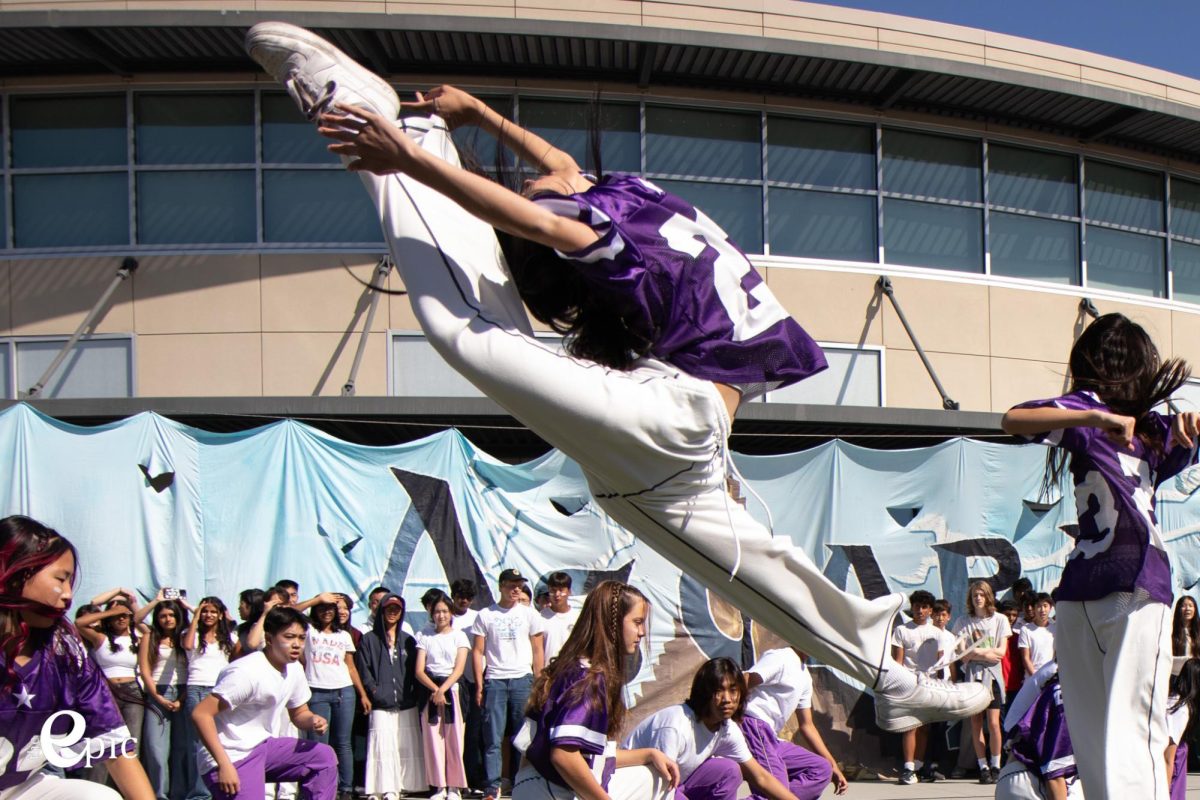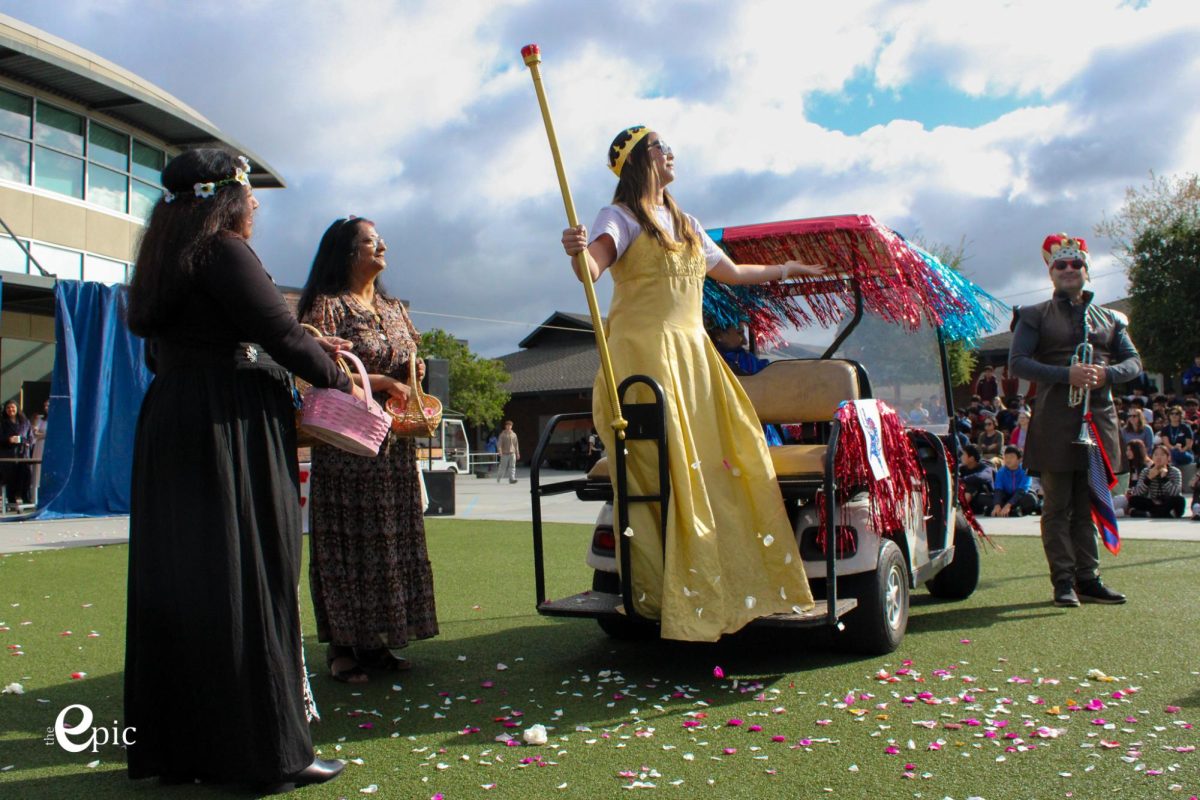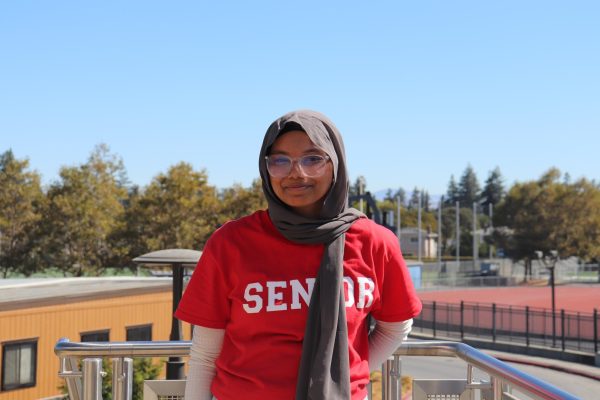It’s September 11, 2018. I am sitting in my sixth grade history class, fidgeting with my fingers underneath my desk as a video of 9/11 plays. As the video mentions Muslim names, my classmates, maybe unknowingly, shift their eyes toward me. They stare at my hijab. I spend the rest of the day tugging at my scarf, and by the time I go home, I feel ashamed. That was the first day I started disliking my hijab.
Ever since I was little, I knew I would wear a hijab. Growing up, I couldn’t understand why anyone wouldn’t want to wear it. It was my statement to the world: “I am Muslim.” I loved it.
What I had failed to realize was alternate perceptions of the hijab. What was pride and love for my religion to me was a symbol of caution for others. The resentment and discomfort that others harbored manifested inside me, making me feel the same way about my hijab. Yet taking it off was out of the question. How could I admit I struggled with the same thing I advocated and supported daily? Women worldwide fight against oppressive forces for the right to wear their hijabs. But I was fighting against myself to wear it.
I tried talking to others to see if I wasn’t alone in these thoughts, which I regarded as traitorous to myself. I was only met with disapproval and shame. In response to this disastrous attempt to console myself, I treated my doubts like poison, ashamed of the conflicting ideas swirling in my head.
I began confronting these thoughts when I started writing poetry. Inspired by an assignment in 10th grade English class, I detailed my strained relationship with my hijab in a poem I refused to show anyone but my teacher for six months. Expressing myself on paper made me understand that it wasn’t evil not to be fully content with your practices. I found that the journey to acceptance was just as important as reaching that final stage.
Writing was a way to process my complex relationship with my identity. The more I stopped shaming myself for my thoughts, the more I realized that this journey was meant to be turbulent. With writing about it came talking about it, and I started talking to others about my struggle, reaching out to new groups and communities. Though not all understood, many validated my feelings, helping relieve a burden off of my shoulders.
The journey of embracing my hijab showed me that perseverance will be rewarded. Over time, in my relationship with my hijab, I learned that other people’s perceptions don’t define me. My hijab and I have reached a point where I love it, making the idea of taking it off feel far-fetched. This journey taught me something invaluable: the importance of self acceptance. It mirrors my path to understanding who I am, both as a Muslim and as a person. Every style and cloth was a stepping stone in understanding who I want to be, someone who, despite any obstacles, will reach my desired destination.
My hijab has ultimately brought out the best in me, helping me discover how to eloquently express the jumbled thoughts in my head, instilling confidence in myself and my beliefs and opening myself to judgment without fear. I know I have come a long way, and I can once again say that I am proud to wear my hijab.





































































